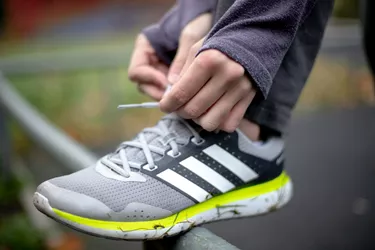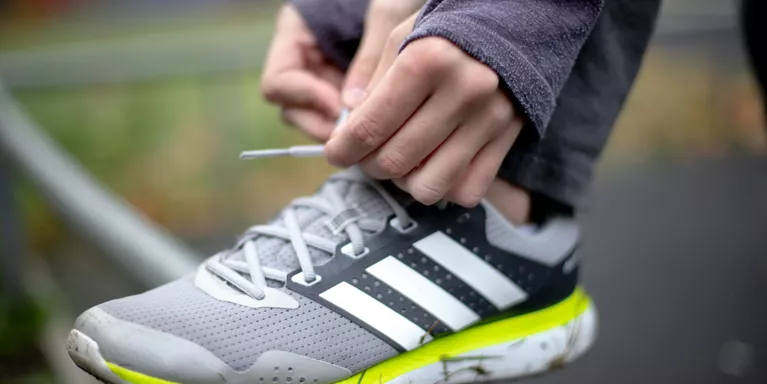Top tips for getting active and improving your wellbeing
Sam from our information team blogs about keeping active.
At Mind, we've recently produced a new set of tips about physical activity. These aim to show how exercise can help boost your mental health and physical fitness.
When you’re feeling unwell, exercise can often be the last thing you feel like doing. The recent cold and snowy weather doesn't help, other responsibilities get in the way more than usual and it’s always difficult to get started with something new. People using medication to support them with a mental health problem can also struggle with common side effects like lethargy and tiredness too.
Although hiding at home under the duvet can often feel like a more appealing option, we know that physical activity can help both your mental and physical wellbeing. Although it might not always be the case that a healthy body equals a healthy mind, there are proven benefits to keeping active.
How can exercise help me?
- Exercise releases endorphins that can make us feel happier and more positive
- It can give us the opportunity to focus on something other than the worries and anxieties we all cope with day to day
- It can also help us to boost our confidence and self esteem
- It can be sociable and enjoyable to get outside and take part in fitness activities
Where do I start?
- Try a brisk 10-minute walk twice a day to the office or school gates
- Try joining a club or class you will enjoy - make it fun!
How do I get myself motivated?
- Celebrate progress you make – maybe keep an exercise diary
- Increase your activity gradually – small increases are easier to maintain and will give you regular feelings of success.
Do you find exercise helps your mental health? How do you motivate yourself? What do you like to do when it’s cold and wet outside?


Information and support
When you’re living with a mental health problem, or supporting someone who is, having access to the right information - about a condition, treatment options, or practical issues - is vital. Visit our information pages to find out more.
Share your story with others
Blogs and stories can show that people with mental health problems are cared about, understood and listened to. We can use it to challenge the status quo and change attitudes.

















